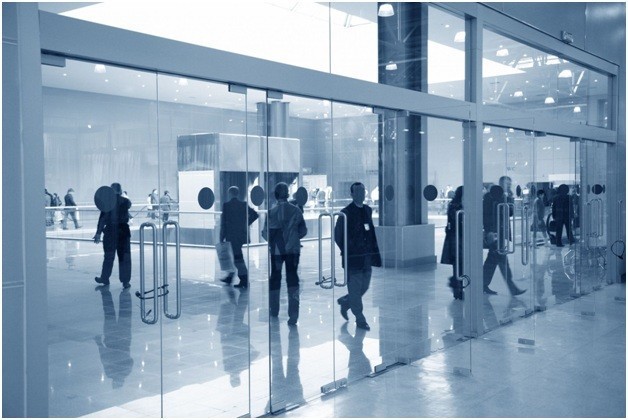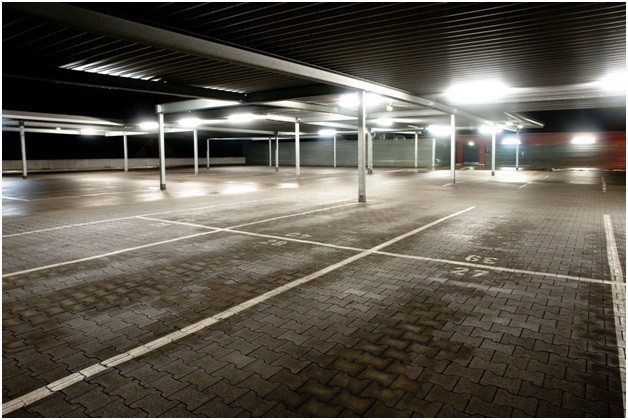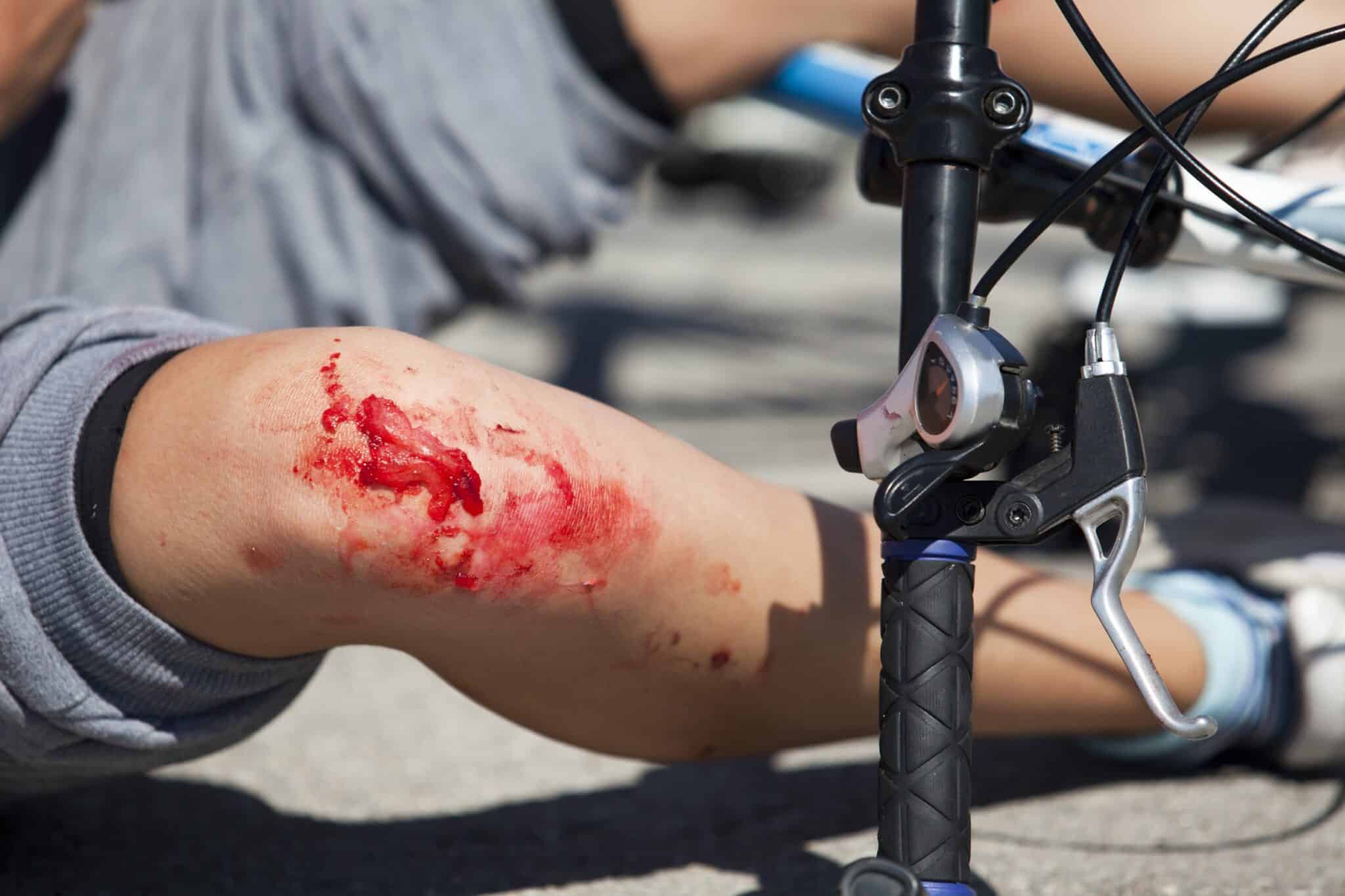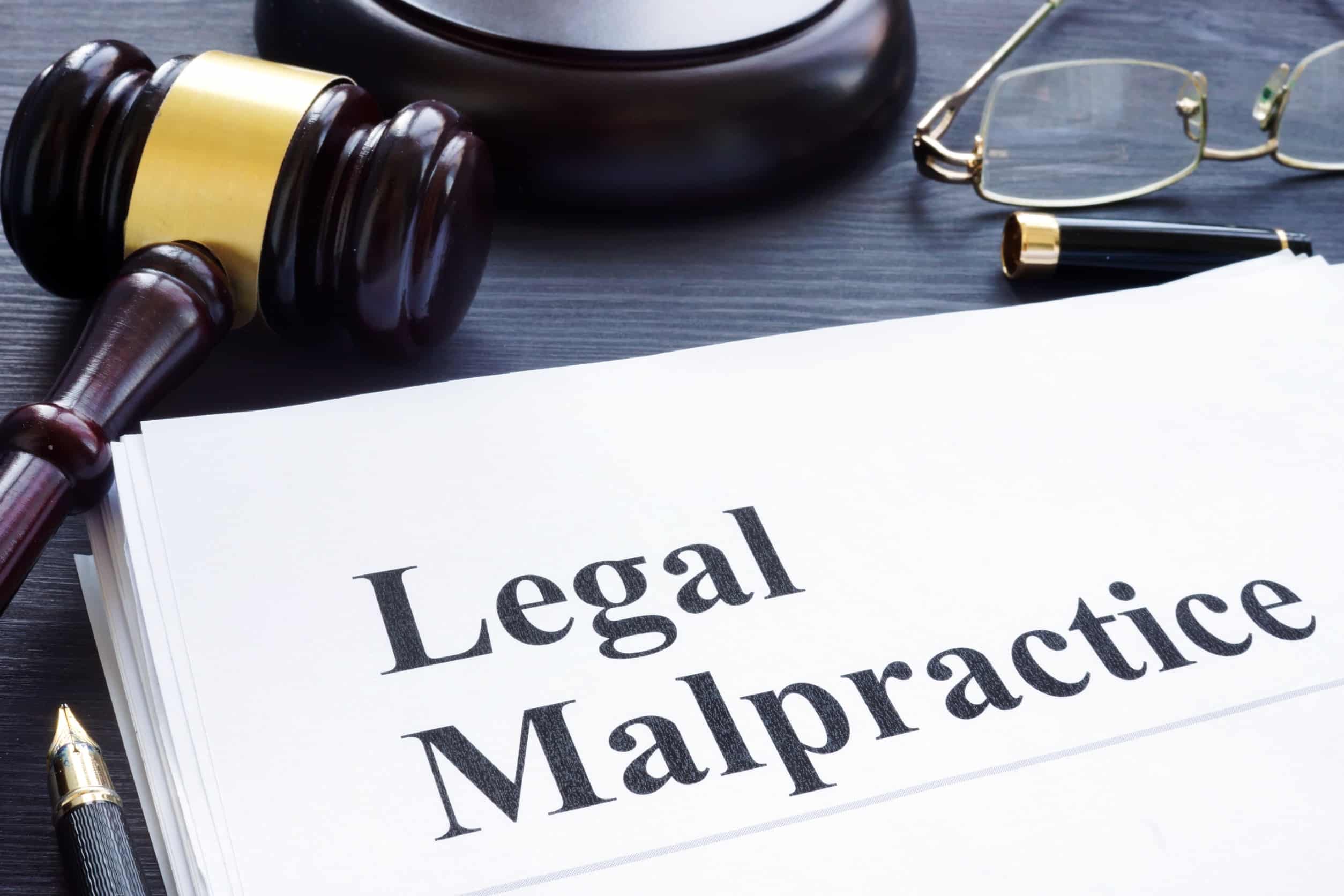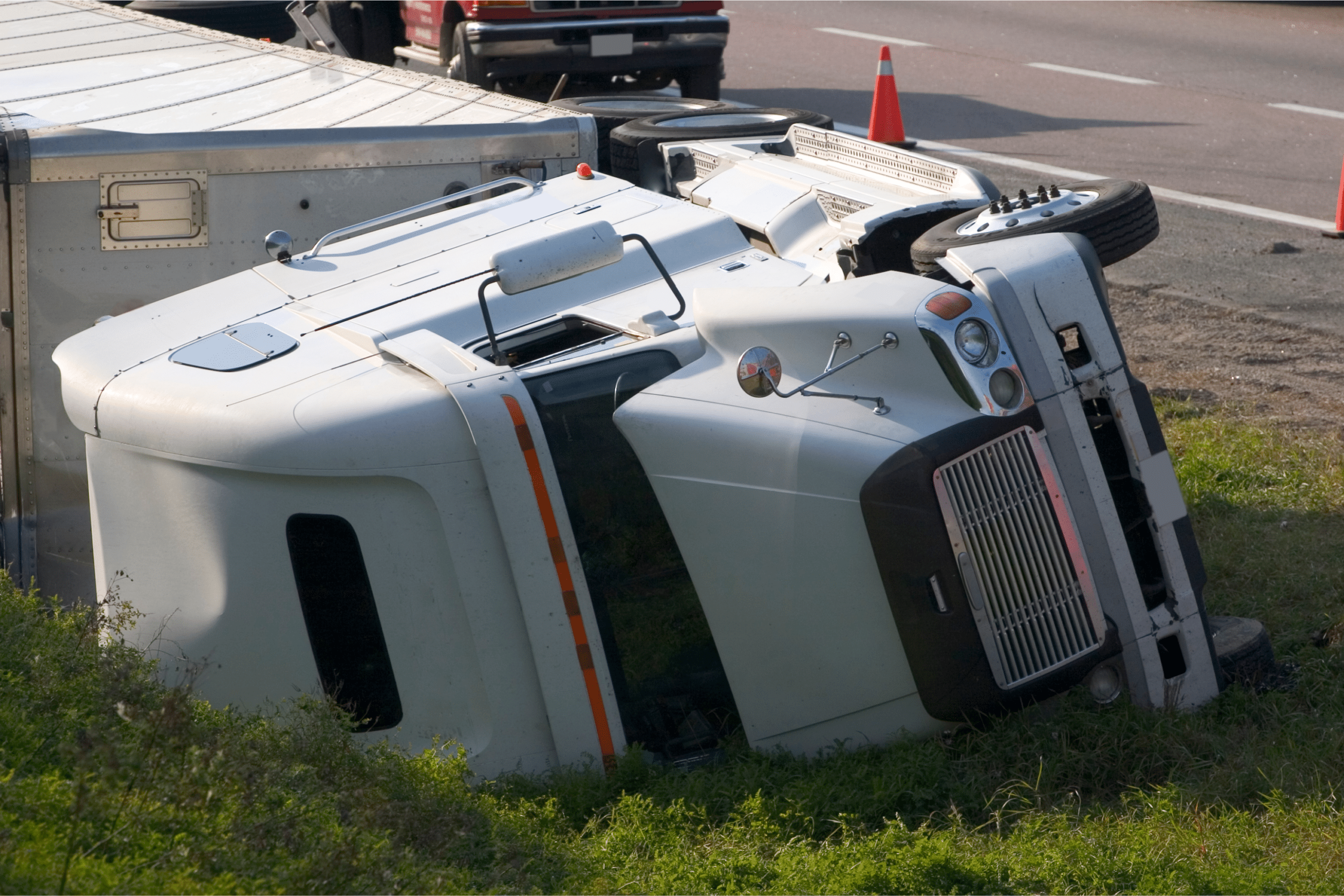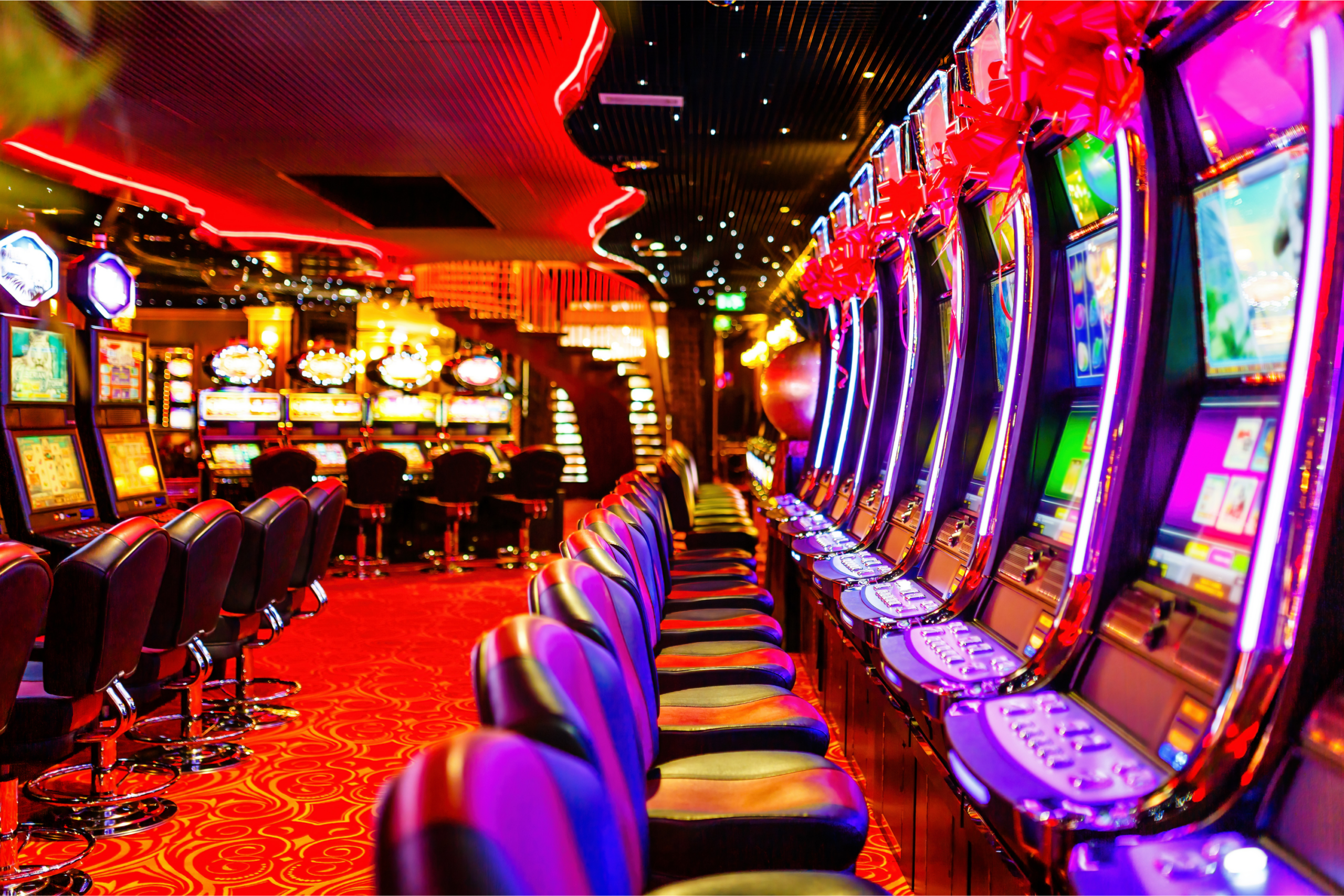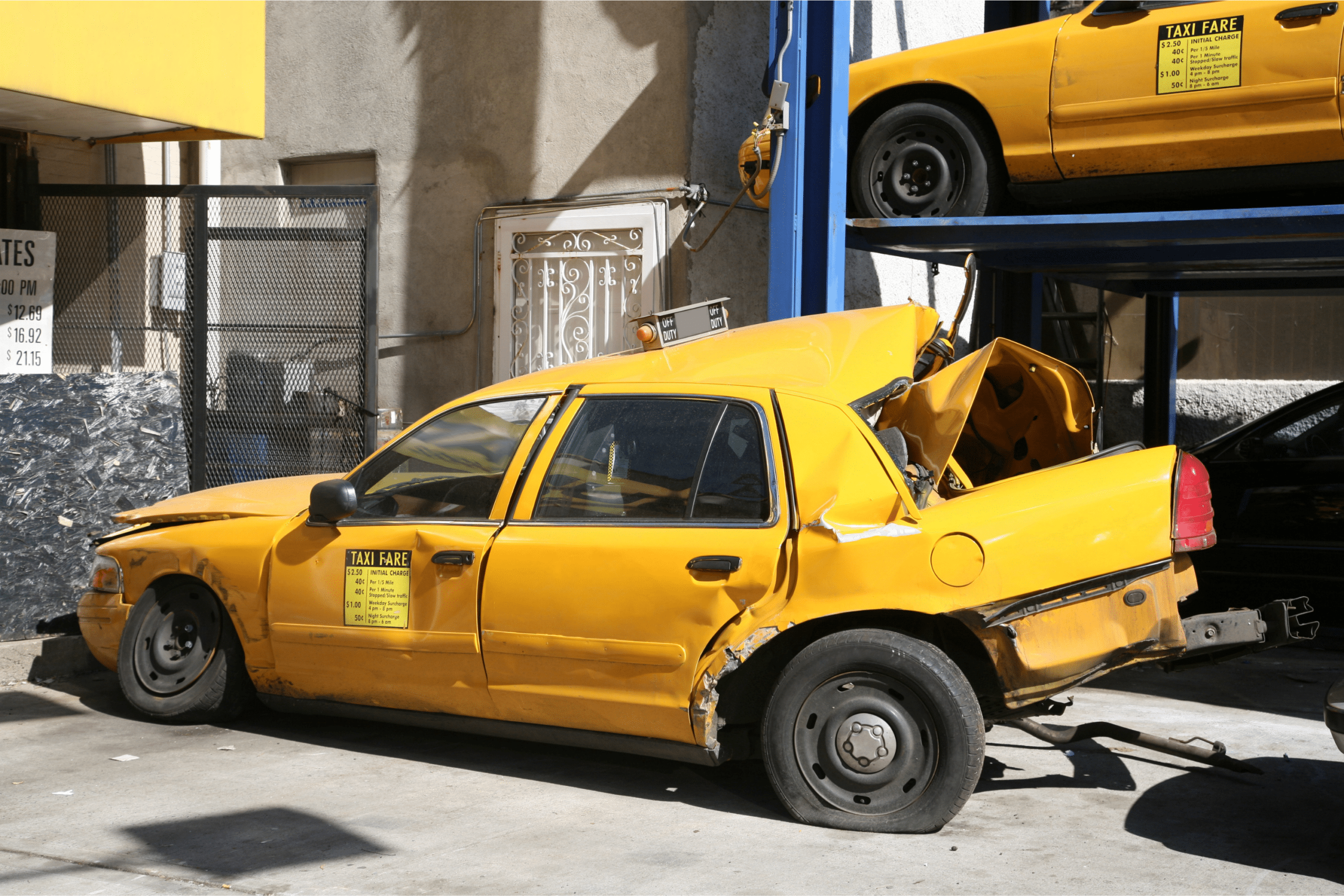The last thing any business owner wants is for someone to be injured in a slip and fall accident on their property. If a slip and fall accident results in an employee injury, that employee might have to miss a significant amount of work to recover—and the company might be responsible for covering medical expenses. And if a slip and fall accident causes a customer or client injury on a commercial business property, the business owner may be held liable in a personal injury lawsuit.
Business owners need to take reasonable care to prevent harm to both their employees and any visitors invited to the business premises (as store, restaurant, casino, and hotel patrons implicitly are). If a business or property owner has knowledge (or could reasonably be expected to have knowledge) of a potential hazard, such as a spill or a loose carpet, they can expect to be held legally liable in the event of an accident. Depending on the extent of the injuries caused in the accident, entrepreneurs might find themselves paying the type of settlement that could put them out of business.
The best way to avoid being in that position is, obviously, to take reasonable precautions to prevent slip and fall injuries from occurring in the first place. Here are a few basic steps that all Las Vegas business owners should take to keep their employees and their customers safe.
Keep an Eye on Entryways
Although we don’t have to worry about too much rain and snow in Las Vegas, business owners should still monitor all entryways to their premises to ensure that no one has tracked in any kind of debris or spilled any kind of liquid that could cause the next unsuspecting visitor to experience an accident. Business owners should also make sure that there are no potential structural hazards near the building entrance, such as a small step in front of the door that blends in with the sidewalk. If you run a business and have had multiple people complain about a tripping hazard, you need to make a change before someone gets seriously hurt.
Clear Pathways of Obstacles
While a surge protector sticking out from under a desk or a taped-down cord running across a hallway might seem unobtrusive enough, any item on or near the floor in an area with a lot of foot traffic is an accident waiting to happen. Business owners should encourage employees to keep walkways free of clutter, always close any open drawers or cabinets, and notify someone if they notice a spill or other hazard in the building. In addition, business owners may need to completely cover any cables that run across walkways (if there’s no way to avoid laying the cable this way) and tack or tape down any rug, carpet, or mat that doesn’t lie flat on the floor.
Make Sure All Areas of the Property Are Well-Lit
While there may be a maintenance crew or a facility manager tasked with changing light bulbs, it’s ultimately the business owner’s responsibility to oversee their property and ensure that all areas employees or customers might walk in are well-lit and unlikely to cause a slip and fall accident. If the business owner also owns a parking lot, parking garage, or walkway outside of the building, they need to ensure that these areas are properly lit at night, too. This should not only help prevent slip and fall accidents, it should also reduce the chances of a crime occurring near the property.
Consider Re-flooring If Slippery Surfaces Have Been a Problem
Business owners might not want to completely re-do their building’s flooring, especially if they’re operating on a shoestring budget, but if people have been complaining about slick floors or an accident has already occurred, changing the surface to create more friction may be a necessity. However, owners may be able to avoid tearing out their flooring completely and halting operations for days by simply having the floor recoated or by adding mats or pressure-sensitive abrasive strips. The person in charge of the premises should remember that while these changes can help make the building safer, there’s no completely slip-proof surface, and the building will still need regular cleaning and maintenance.
These precautions do not need to be costly or time-consuming to implement. Any business owner, regardless of the budget has at his/her disposal, should be able to take basic steps to reduce the likelihood of a slip and fall accident occurring on their premises.
About the Author:
Andrew Winston is a partner at the personal injury law firm of The Law Office of Andrew Winston. He has been recognized for excellence in the representation of injured clients by admission to the Million Dollar Advocates Forum, is AV Rated by the Martindale-Hubbell Law Directory, and was recently voted by his peers as a Florida “SuperLawyer”-an honor reserved for the top 5% of lawyers in the state-and to Florida Trend’s “Legal Elite.”
 Any Dog Can Bite: How to Prevent Becoming a Victim
Any Dog Can Bite: How to Prevent Becoming a Victim 